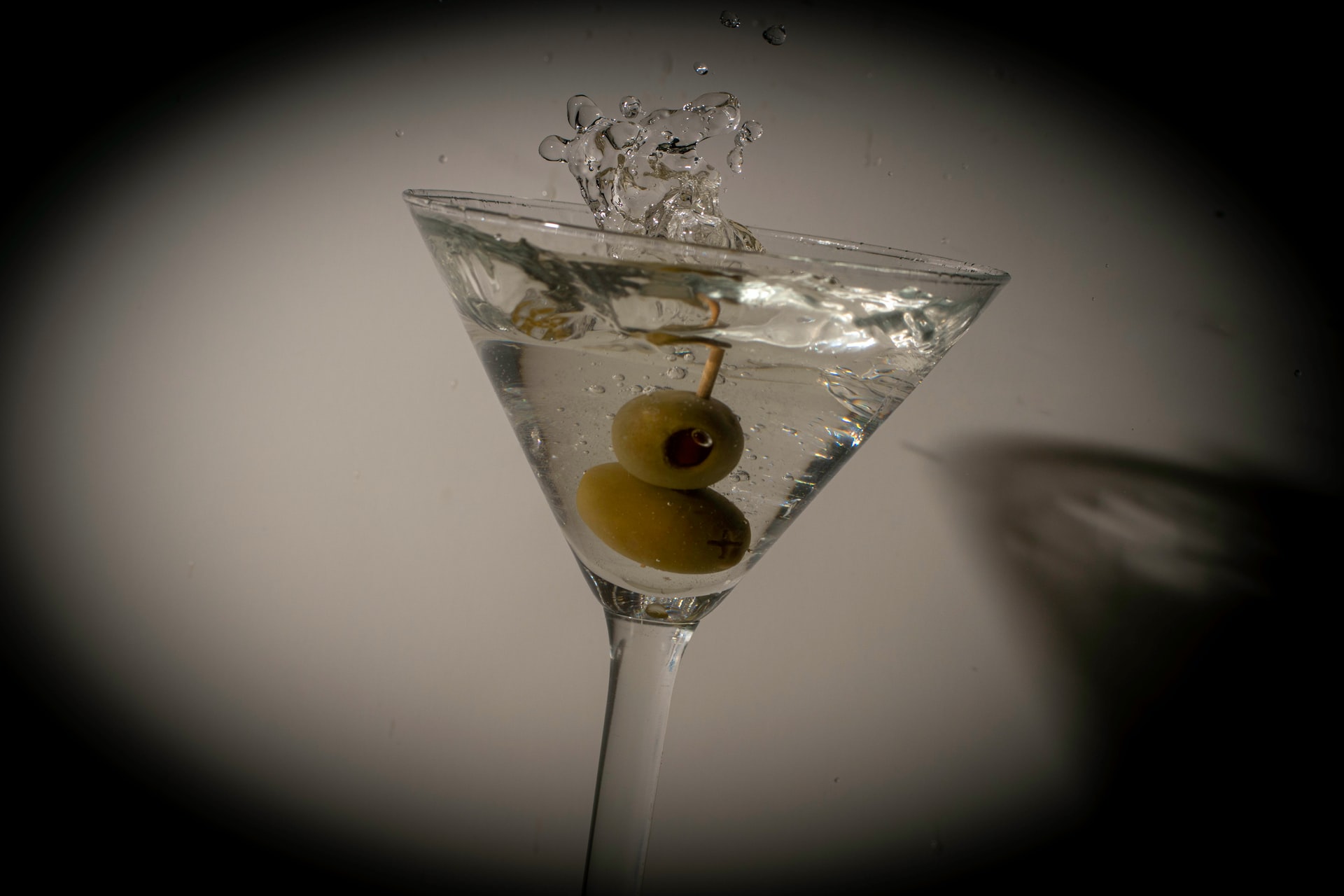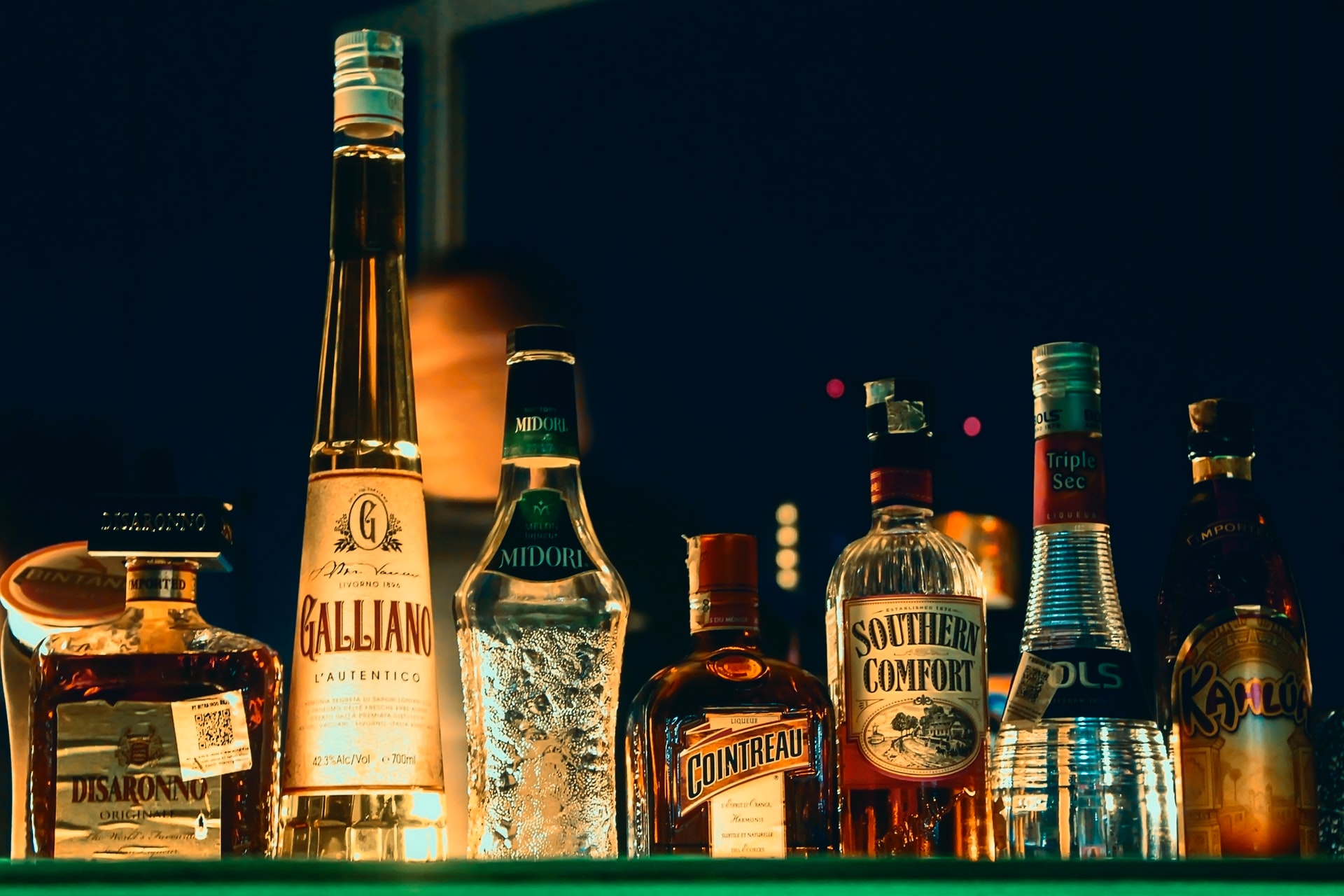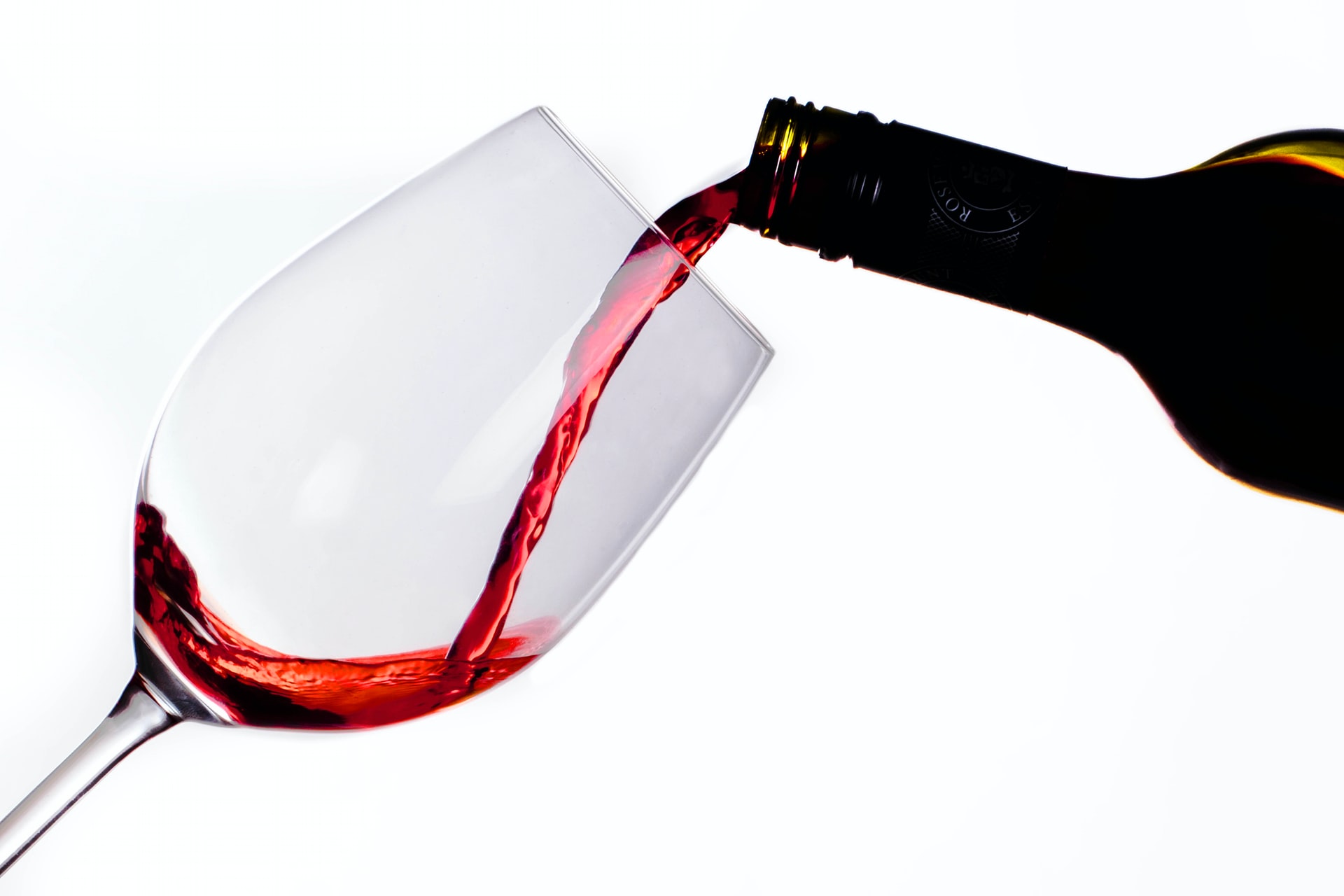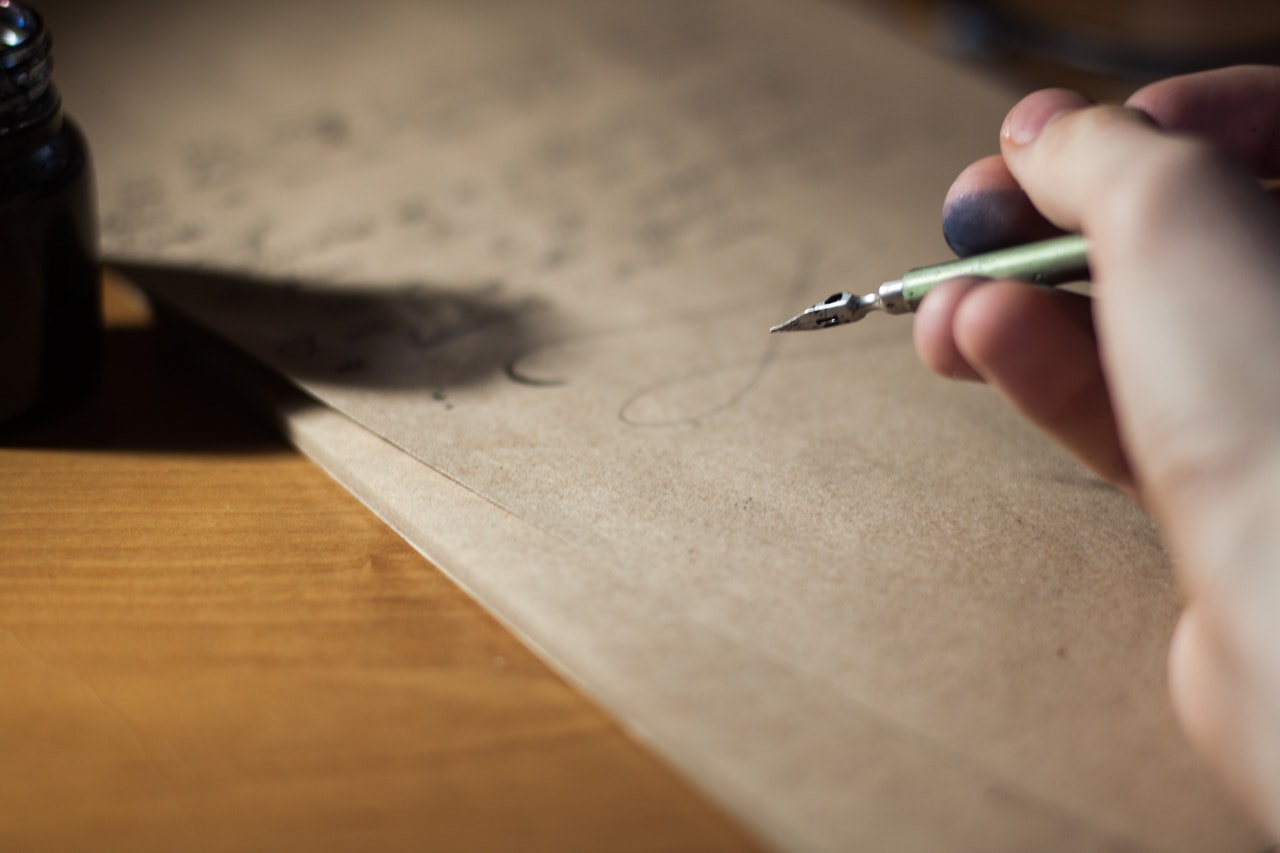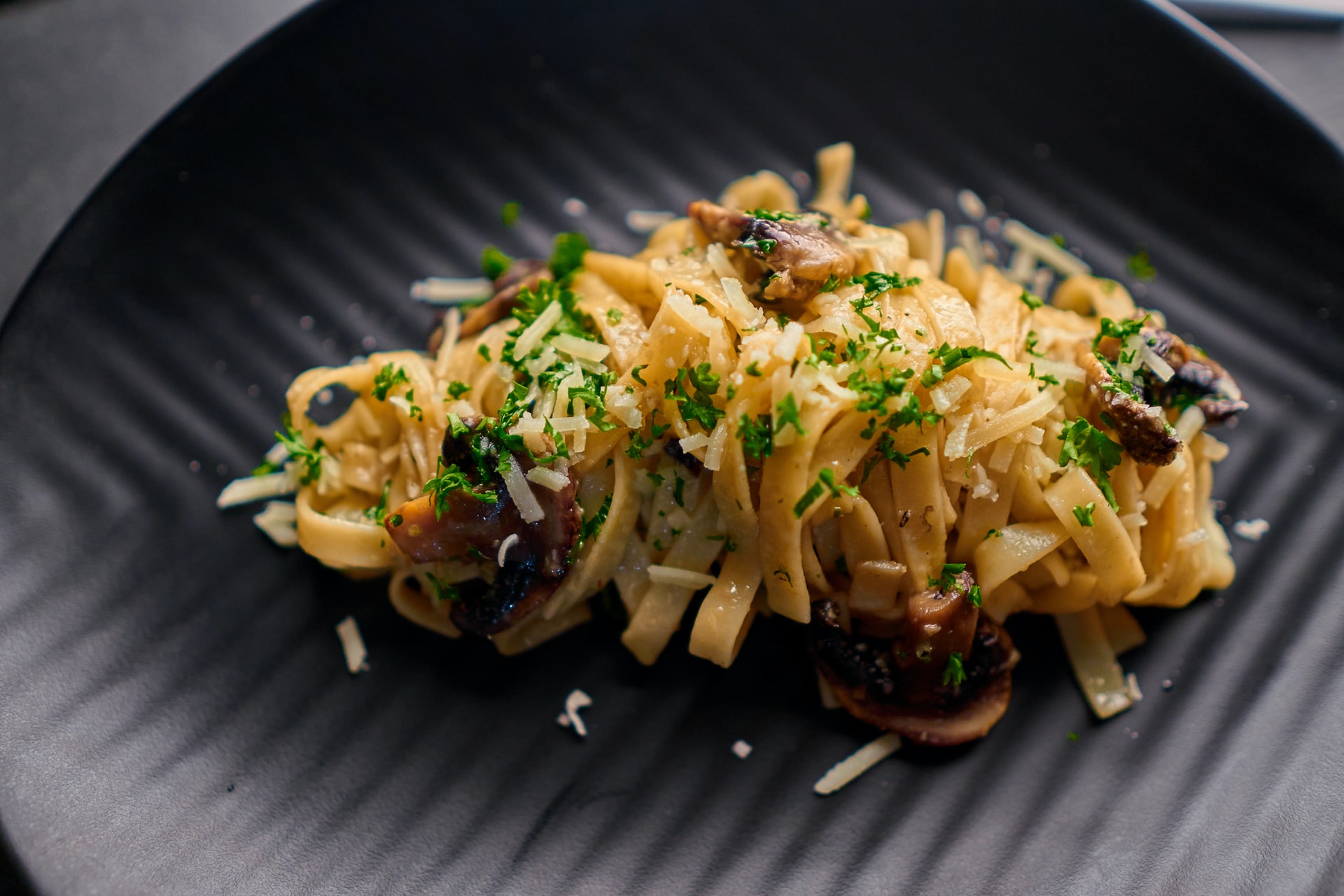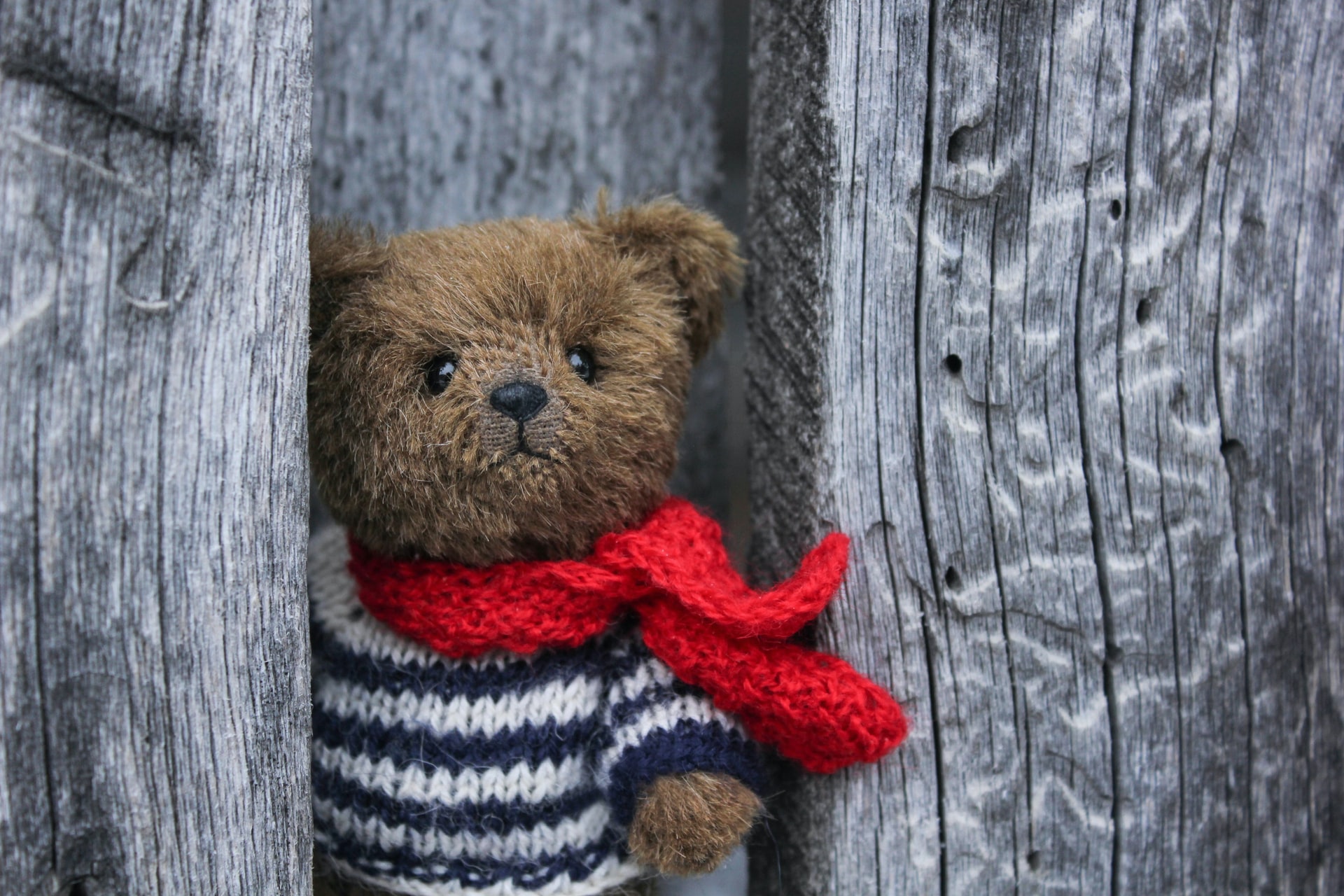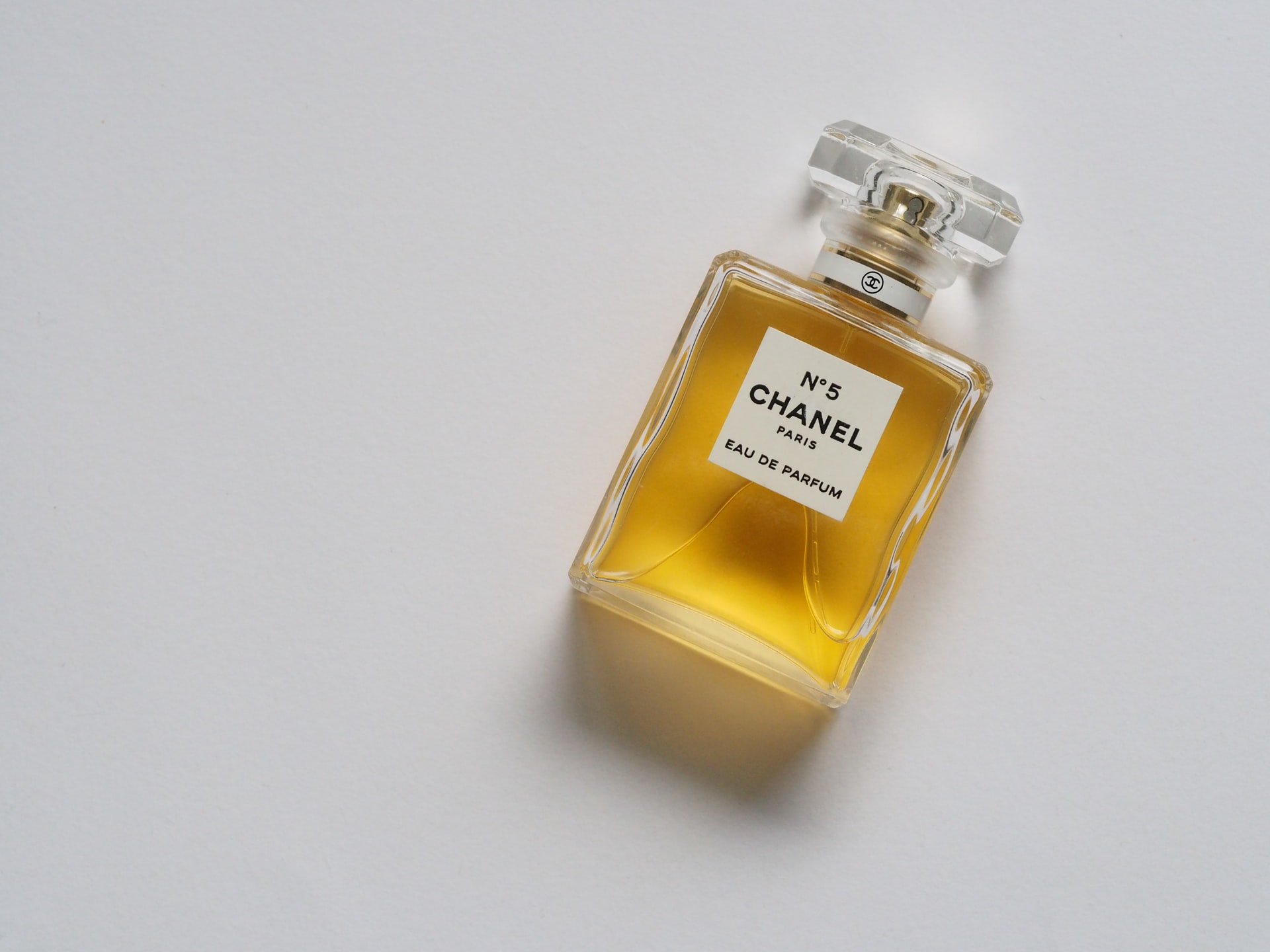Reading Time: 2 minutes
- It was in the 1300s that Russians first got a taste of grape wine, which merchants from modern-day Italy and Greece brought with them.
- But it was an expensive drink that only the rich could afford, so people continued drinking the alcohol made from honey (this drink was called Medovukha), but the craving for a better alcohol continued to exist.
- In the 1430s, monks in a monastery mastered the art of making alcohol from grains, and since it was made from grains it was called bread wine.
- It worked out cheaper than Medovukha and grape wine and so, gradually people began making it at home.
- The then-prince (Ivan III) realised its potential to generate revenue, and so, he started a state monopoly on this drink and taxed it, i.e. only the government could produce it and charge a tax on the sale.
- Because the bread wine (later got known as Vodka) was the most profitable, the government-run taverns stopped selling other liquors.
- The grandson of Ivan III, known as Ivan The Terrible, in the 16th century set up Kabakhs, bars that sold vodka and included services such as gambling, money and grain loans, and sometimes prostitution.
- The minimum Vodka order at a Kabakh was upwards of 10 litresSome sources say it was 12.3 litres, while others suggest it was 22 litres.
- It not only stopped public revolt (people were too drunk) but also kept any disagreement in the royal court under check.
- By the 18th century 60%Different sources suggest a different percentage ranging from 40% to 75% of all Russian males were in debt to Kabakhs and in the mid-19th century, Vodka was the source of 40% of the government revenue.
- Such was the government’s dependency on vodka sales that in the 17th century, Peter The Great announced that any wife who tries to take her husband away from the tavern (till he is done) should be whipped.
- Stalin, who ruled Russia from the mid-1920s to 1953 also encouraged his citizens to drink vodka to prevent national bankruptcies.
- In the 1980s, Mikhail Gorbachev pushed distilleries to make juice, instead of Vodka, which led to an increase in vodka prices (high demand, low supply).
- So, people started making their own Vodka at home, leading to cases of poisoning, while the government struggled to cover loss of vodka-revenue.
- This led to the destruction of the Soviet economy, cementing the power Vodka holds in Russian politics.
- “What to do with Vodka” has continued to be a key issue to handle for all leaders in Russia since the 15th century.
Image courtesy of Andrew Wilus through Pexels


